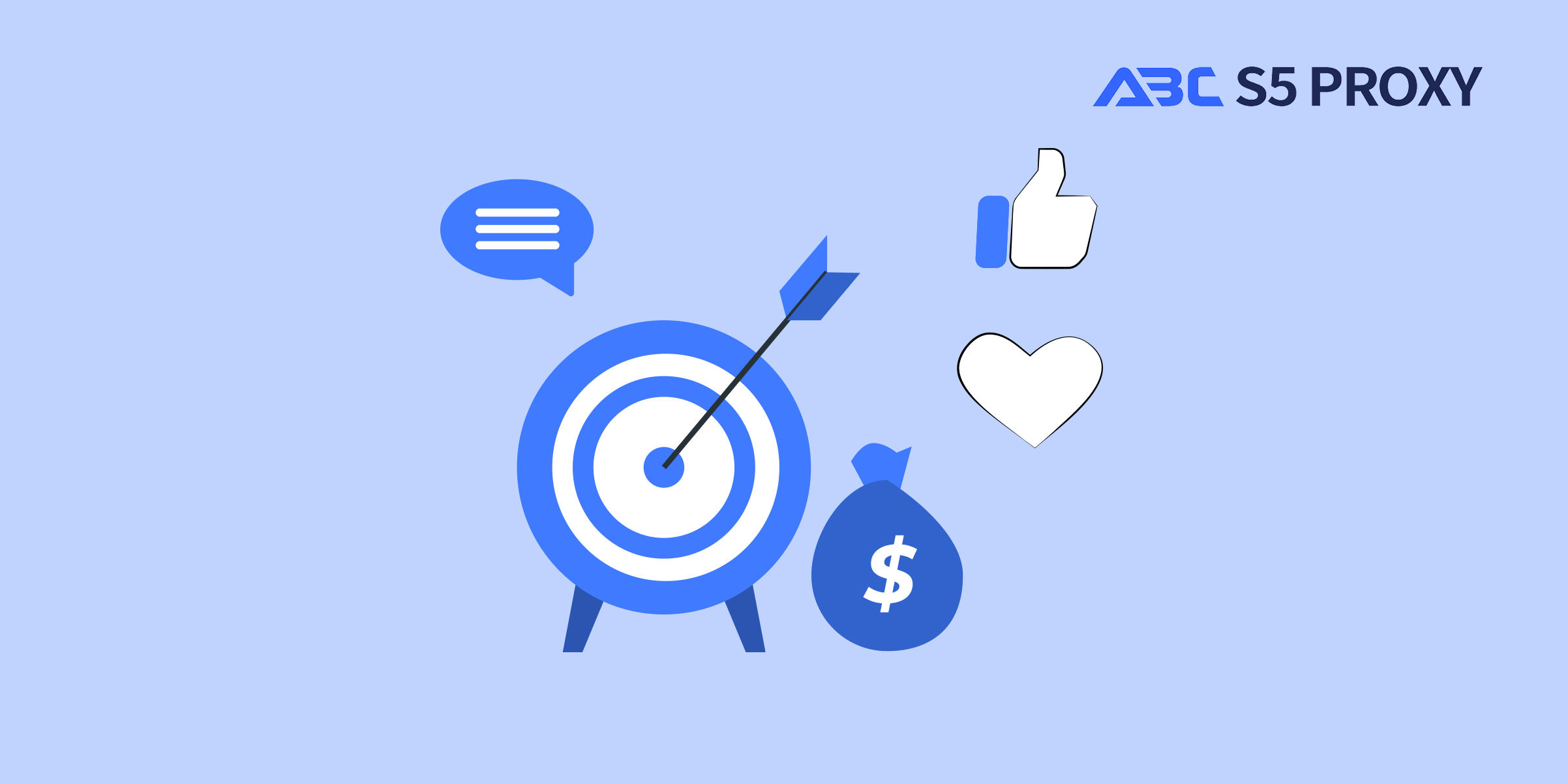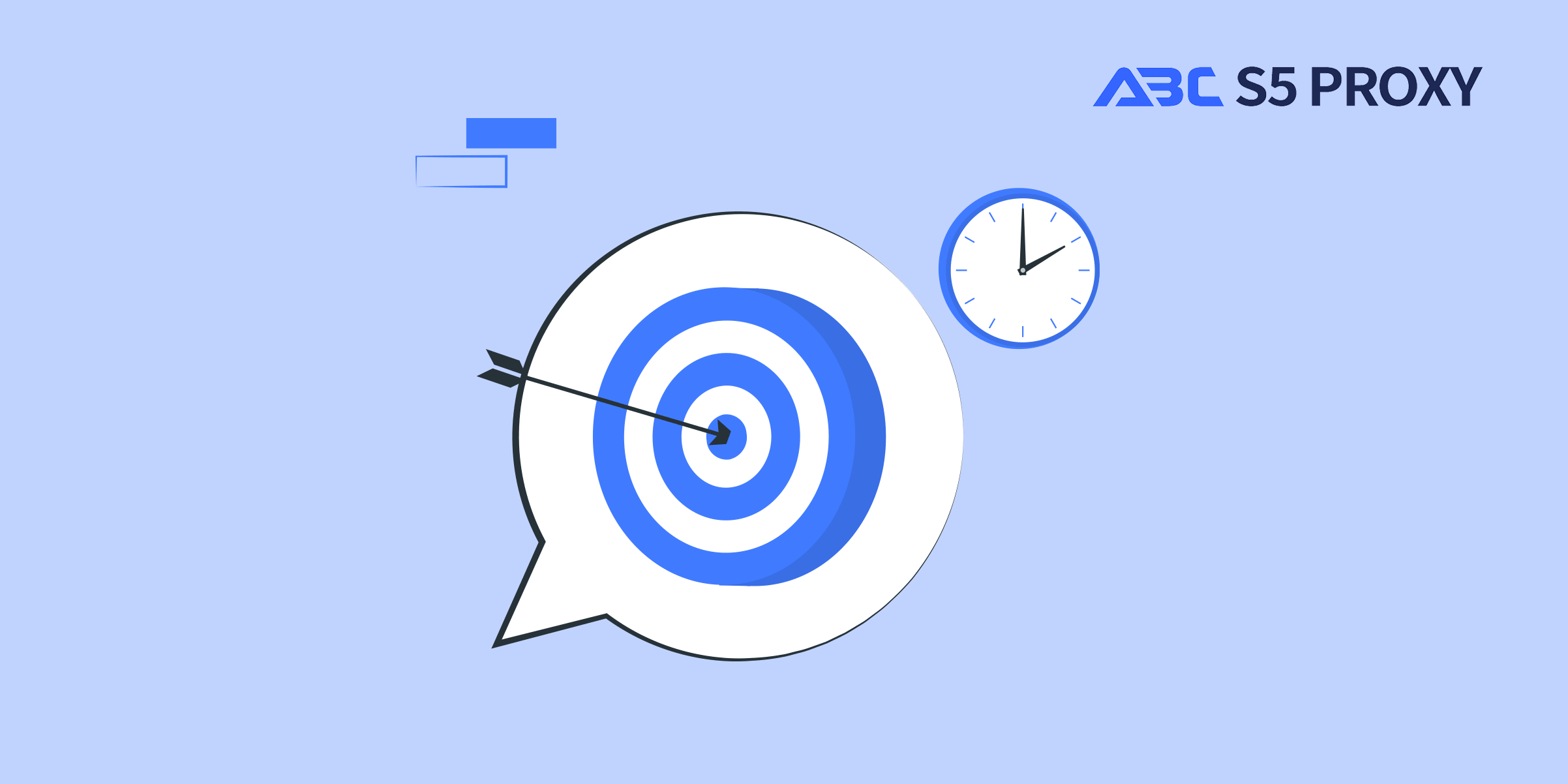住宅代理
來自真實 ISP 的白名單 200M+ IP。 透過儀表板管理/取得代理程式。

代理

代理
住宅代理
來自真實 ISP 的白名單 200M+ IP。 透過儀表板管理/取得代理程式。
開始於
$0.77/ GB
Socks5代理
190多個地點超過2億個真實IP,
開始於
$0.045/ IP
無限住宅代理
使用全球穩定、快速、強勁的 700K+ 資料中心 LP。
開始於
$79/ Day
輪換 ISP 代理
ABCProxy 的輪替 ISP 代理程式可保證較長的會話時間。
開始於
$0.77/ GB
靜態住宅代理
持久專用代理、非輪換住宅代理
開始於
$5/MONTH
數據中心代理
使用全球穩定、快速、強勁的 700K+ 資料中心 LP。
開始於
$4.5/MONTH
English
繁體中文
Русский
Indonesia
Português
Español
بالعربية

Building a Competitor Intelligence System for E-Commerce
In the fast-paced world of e-commerce, staying ahead of the competition is essential for success. One powerful way to gain a competitive edge is by building a robust Competitor Intelligence System. This system allows e-commerce businesses to gather valuable insights about their competitors, analyze market trends, and make informed decisions to improve their own strategies. In this blog post, we will explore the key steps and strategies involved in building an effective Competitor Intelligence System for e-commerce businesses.
Competitor intelligence is the process of gathering, analyzing, and applying information about your competitors to make strategic business decisions. In the e-commerce industry, where competition is fierce and consumer behavior constantly evolves, having a deep understanding of your competitors is crucial. By monitoring your competitors' activities, you can identify their strengths and weaknesses, track market trends, and discover opportunities for growth.
1. Identify Your Key Competitors: The first step in building a Competitor Intelligence System is to identify your main competitors in the e-commerce space. Look for competitors who offer similar products or services, target the same customer segments, or operate in the same geographical regions. Tools like SEMrush or Ahrefs can help you identify your competitors and track their online presence.
2. Monitor Competitor Websites: Regularly monitor your competitors' websites to gather information about their products, pricing strategies, promotions, and customer reviews. Analyze their website design, user experience, and content to identify areas where you can improve your own site.
3. Track Social Media Activities: Social media is a valuable source of information about your competitors' marketing strategies, customer engagement, and brand reputation. Use social media monitoring tools like Hootsuite or Sprout Social to track your competitors' social media activities and identify trends in their communication.
4. Analyze Keywords and SEO Strategies: Understanding your competitors' keyword strategies and SEO tactics can help you improve your own website's search engine ranking. Use tools like Google Keyword Planner or Moz to analyze your competitors' keyword rankings and backlink profiles.
5. Monitor Pricing Strategies: Pricing is a key factor influencing consumers' purchasing decisions. Keep an eye on your competitors' pricing strategies, discounts, and promotions to ensure that your pricing remains competitive in the market.
6. Attend Industry Events and Conferences: Industry events and conferences are great opportunities to network with your competitors, learn about the latest trends in the e-commerce industry, and gather valuable insights about your competitors' strategies.
1. Identify Market Opportunities: By monitoring your competitors, you can identify gaps in the market, new trends, and emerging opportunities for growth.
2. Improve Your Marketing Strategies: Analyzing your competitors' marketing campaigns can help you enhance your own strategies and create more effective marketing campaigns.
3. Enhance Product Development: Studying your competitors' products and customer feedback can provide valuable insights for improving your own products and services.
4. Stay Ahead of the Competition: A well-developed Competitor Intelligence System allows you to stay ahead of the competition by anticipating their moves and responding strategically.
Building a Competitor Intelligence System is a valuable investment for e-commerce businesses looking to gain a competitive edge in the market. By gathering insights about your competitors, analyzing market trends, and making informed decisions, you can improve your marketing strategies, enhance product development, and stay ahead of the competition. Remember to continuously update and refine your Competitor Intelligence System to adapt to the ever-changing e-commerce landscape.
相關文章

Developing an E-Commerce Competitor Intelligence System: Unleashing Your Competitive Edge
Building a Competitor Intelligence System for E-Commerce is crucial for staying ahead in the online market. Learn how to gather valuable insights and boost your strategy.

Unlocking the Power: How Twitter Benefits Marketing Teams
發現使用Twitter為營銷團隊帶來的好處。了解這個平台如何提升品牌能見度,與觀眾互動,並有效地增加網站流量。探索Twitter在增強您的營銷策略中的力量。

釋放潛力:使用Etsy API為您的業務開發的指南
Title: 探索Etsy API在電子商務中的力量在線市場的世界中,Etsy以其獨特的手工製品和古董產品而脫穎而出。Etsy與其他電子商務平台的區別在於其強大的應用程序編程接口(API),允許開發人員訪問並與其豐富的列表、商店等數據庫進行交互。Etsy API為希望將Etsy的市場集成到自己的網站或應用程序中的企業打開了一扇可能性之門。通過利用API,開發人員可以為管理庫存、同步訂單,甚至分析銷售數據創建自定義工具。這種靈活性和定制能力幫助企業優化其流程,為客戶提供無縫的購物髗驗。此外,Etsy API使賣家能夠展示其產品超越Etsy平台,觸及更廣泛的受衆並促進更多的銷售。通過將其Etsy商店連接到其他渠道,例如社交媒體